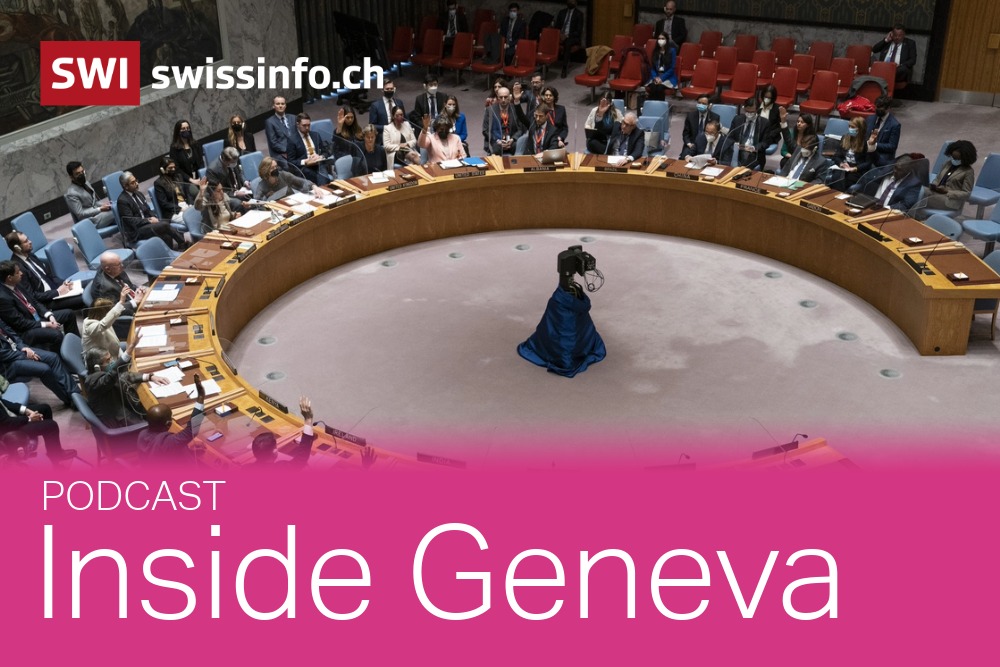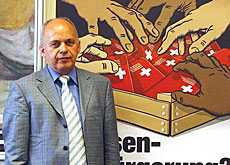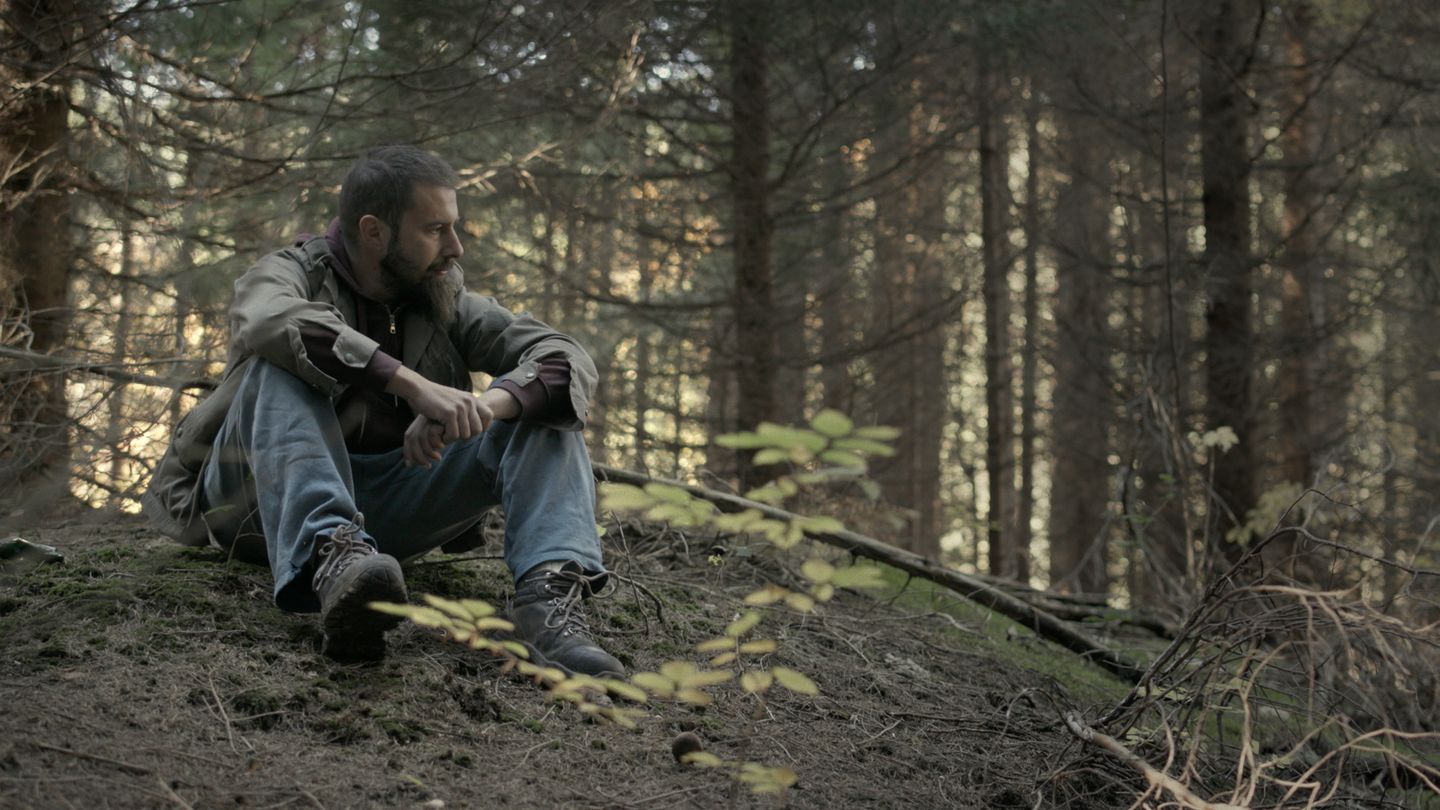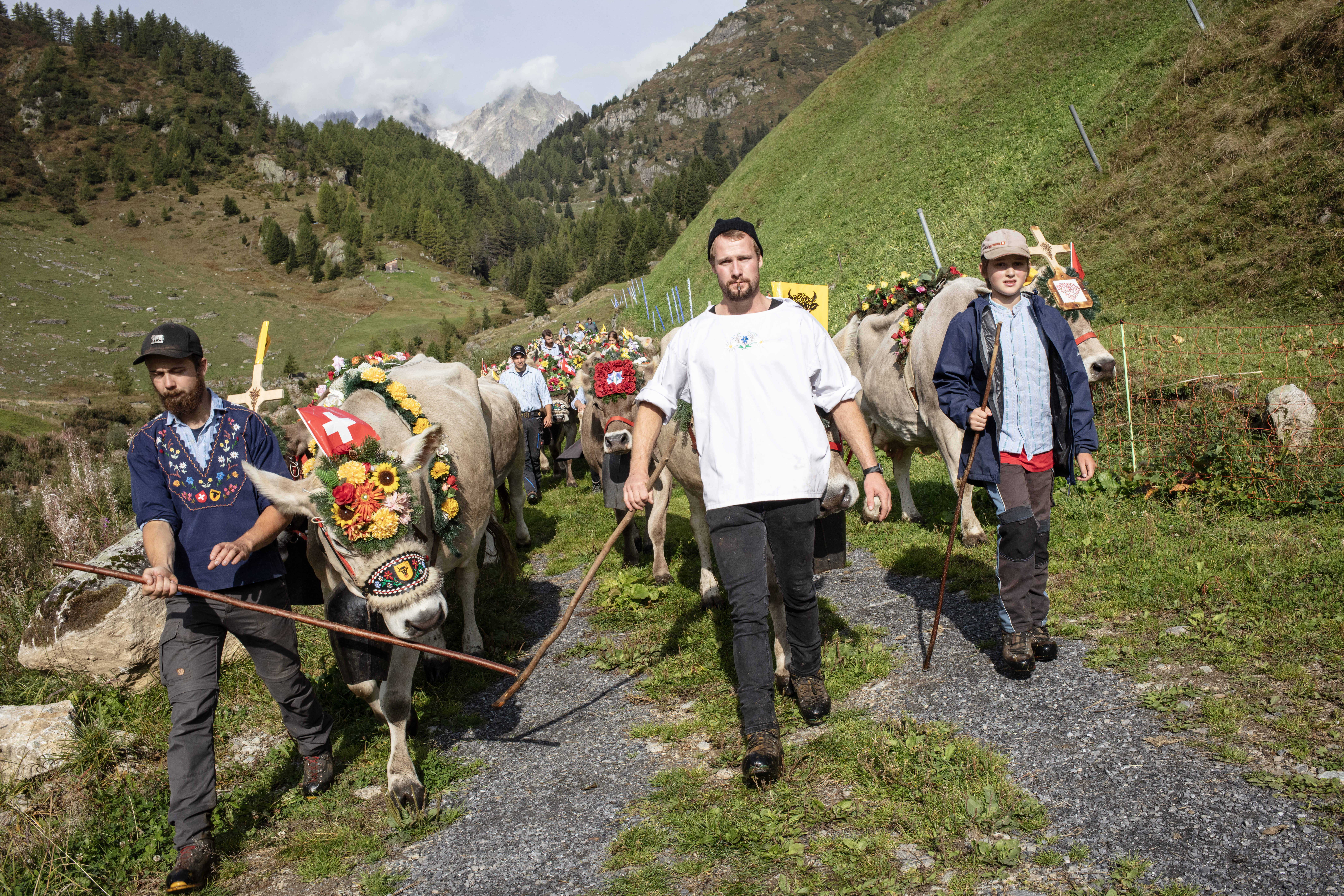
Right sees perpetual campaigning as key to success

The rightwing Swiss People’s Party is permanently in campaigning mode, most recently against plans to ease citizenship restrictions, which voters threw out on Sunday.
Political analyst Julian Hottinger told swissinfo the party’s success was down to its formidable political machinery and disregard for consensus.
The People’s Party pulled no punches in its efforts to persuade voters to reject two government initiatives to ease citizenship rules for young foreigners.
Advertisements with images of black hands snatching Swiss passports, pictures of Osama bin Laden on Swiss identity cards, and charts showing that Muslims would be in the majority by 2040 were splashed across the newspapers and billboards.
And no sooner had voters thrown out the proposals than the party announced its next campaign – against Switzerland joining the European Union’s Schengen accord on cross-border crime.
Julian Hottinger, a political analyst formerly at the Institute of Federalism in Fribourg, told swissinfo that the People’s Party’s success masks contradictions that could return to haunt it.
swissinfo: The People’s Party has a formidable political machine, which never seems to stop campaigning. Why?
Julian Hottinger: It started about five to seven years ago. The party realised that it had [good reason] to become an ‘interest group’ – defending precise interests, having a machine that constantly rolls, constantly works, and [puts forward] initiative after initiative.
The point is to put the government under pressure and push through what it believes to be its main objectives and aims.
The party is a machine that campaigns constantly – not an electoral machine, but a political machine that lobbies the system, blocks the system, pushes forward initiatives that are supposed to defend the traditional values of the Swiss, but to tell the truth they are full of contradictions.
swissinfo: It seems ironic that the People’s Party, which sees itself as the defender of Swiss traditions, is calling into question, even threatening, the foundations of the political system. What is it trying to do – destroy the consensus system?
J.H.: What it’s doing is playing on the weaknesses of other parties. They have looked for consensus, have tried to build the machinery where everyone is included, where all different opinions are taken into account, and the People’s Party just doesn’t believe in this system. It believes hard decisions have to be taken, even if it excludes a minority.
swissinfo: Why do none of the other parties use tough tactics to hammer home their message, and more importantly, why didn’t they question whether the statistics about Muslims becoming a majority in Switzerland were true?
J.H.: The [other] parties just don’t have the machinery, the tradition and above all, the violent language that is used when you’re trying to attack someone else. They are gradually waking up – the Social Democrats have been responding with some strength to the People’s Party.
But the other two major parties [- the centre-right Radicals and Christian Democrats -] are having some difficulty. It’s also due to the fact that, being consensual parties, they’ve got different tendencies within their own parties and have difficulty in drawing a common line on what to do with the People’s Party.
swissinfo: There were hopes that when Christoph Blocher joined the cabinet last December, the effect would be to tame the People’s Party by depriving them of their most effective figurehead. It doesn’t seem to have worked.
J.H.: It is true that the People’s Party is more and more vocal, and that Blocher is behaving in a surprising way for a cabinet minister.
But I’m not sure that this is a sign that they’re gaining strength. I think there’s confusion within the party. I think the People’s Party realises that they’re living a contradiction, and they’re trying to go forward with their programme in the best way they can.
Blocher himself is having difficulty with the cabinet and within the cabinet, and he’s losing credibility. People are saying ‘he’s in the cabinet today, we don’t hear him like we used to, and he doesn’t always defend our positions – he either keeps quiet or is discreet’.
swissinfo: So one might say that the People’s Party is making up for the absence of Blocher by becoming more vocal and stepping up the campaigning.
J.H.: That is my reading. They lack a leader – have lost a leader, even though he is still there – but they have difficulty in finding someone who can replace him.
At the same time they are… under pressure from their militants, who are saying ‘you promised this and that, and we don’t see it effectively coming about today. What has happened to the dynamism that was in the party six, seven months ago?’.
swissinfo-interview: Jonas Hughes
Political analyst Julian Hottinger says the Swiss People’s Party is a political machine that campaigns constantly.
He argues that some of the party’s initiatives are “full of contradictions”.
Hottinger feels that the party plays on the weaknesses of its political rivals and does not believe in a consensus system.

In compliance with the JTI standards
More: SWI swissinfo.ch certified by the Journalism Trust Initiative



























You can find an overview of ongoing debates with our journalists here . Please join us!
If you want to start a conversation about a topic raised in this article or want to report factual errors, email us at english@swissinfo.ch.